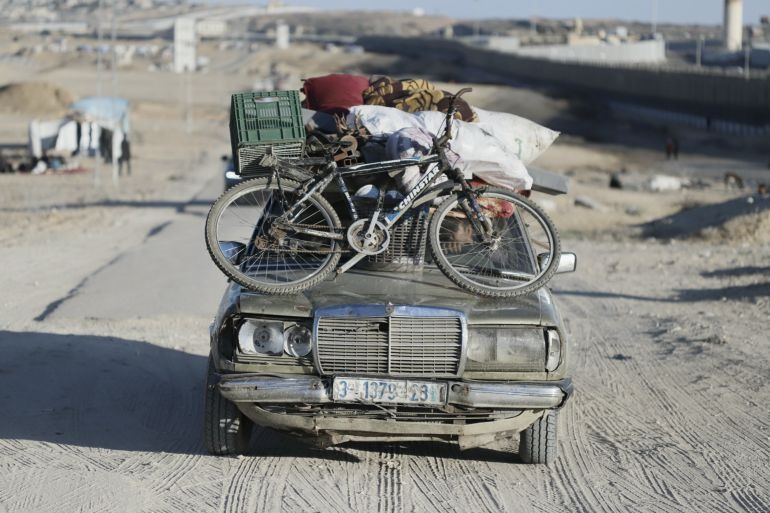Israel’s Rejection and Military Operation in Rafah

Israel has rejected a ceasefire and launched an operation in Rafah, raising fears that the war in Gaza could drag on.
Israel’s Rejection and its Implications
Israel appears to have been blindsided by Hamas’s announcement on Monday that it had agreed to an Egyptian-Qatari ceasefire proposal. But the Israeli government quickly made its position clear – the proposal wasn’t something it would agree to, and, to make matters more explicit, its military forces took control of the Palestinian side of Egypt’s border with Gaza in Rafah.
For many analysts, the Israeli government’s message is clear: there will be no permanent ceasefire, and the devastating war on Gaza will continue.
Analysts’ Perspectives
“Israel wants to reserve the right to continue operations in Gaza,” said Mairav Zonszein, a senior analyst on Israel-Palestine for the International Crisis Group (ICG).
She added that a deal seems impossible as long as Israel refuses to end the war, for good.
“If you enter a ceasefire deal, then you will [eventually] need a ceasefire,” she told Al Jazeera.
Humanitarian Concerns and Diplomatic Efforts
Israel’s bombing of Rafah has the ostensible aim of disbanding Hamas battalions and seizing control of the Gaza-Egyptian crossing, which Israel accuses Hamas of using to smuggle weapons into the besieged enclave. But humanitarian groups have been quick to point out that a closure of the crossing will have disastrous consequences for the more than one million Palestinians living in Rafah, the majority of them displaced.
And it also jeopardizes hopes of securing a deal between Israel and Hamas, which Egypt, Qatar, and the United States have spent days attempting to broker, with William Burns, the head of the Central Intelligence Agency (CIA) heavily involved.
Political Considerations for Israel
Netanyahu’s political career also hinges on continuing the war in Gaza, analysts told Al Jazeera. They explained that a permanent ceasefire could lead to the collapse of his far-right coalition, prompting early elections and his removal from power.
Israel’s far-right national security minister, Itamar Ben-Gvir, and finance minister, Bezalel Smotrich, have reportedly both threatened to leave and collapse Netanyahu’s coalition if Israel agrees to a captive deal and ceasefire.
International Response and US Involvement
In May, US President Joe Biden warned Netanyahu against invading Rafah and said such a move would be a “red line”.
Lovatt believes that the US should penalize Netanyahu for disregarding Biden’s threat. He added that the US should suspend military aid and clarify that the ceasefire proposal accepted by Hamas is in line with the one that CIA chief Burns helped mediate.

